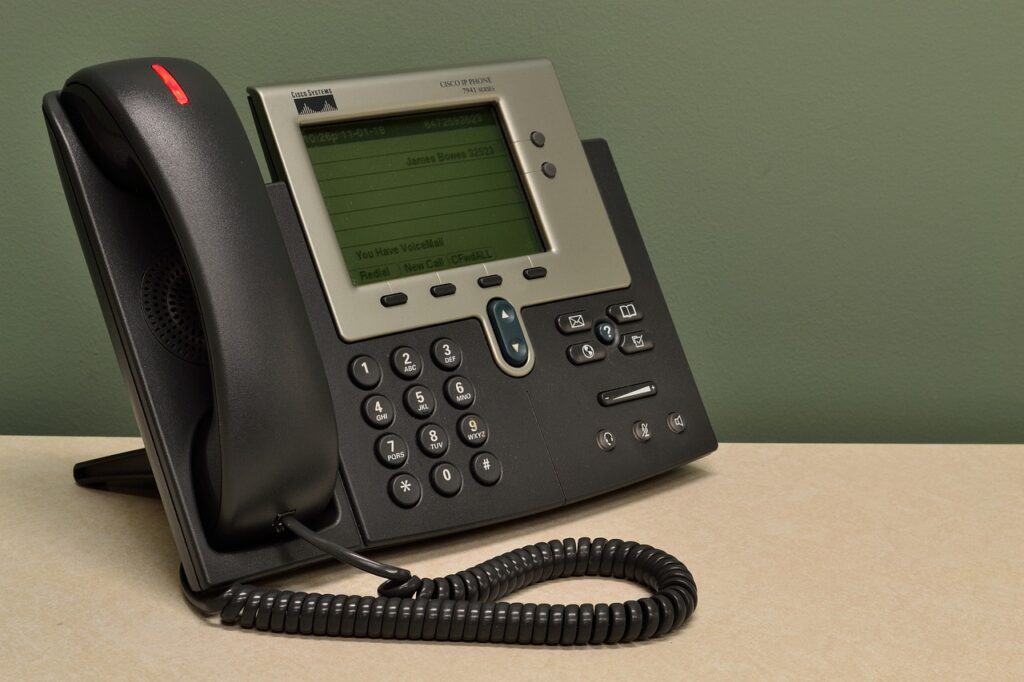For many Americans, “medical crisis” and “debt” go hand-in-hand. Though just 6% of the population owes over $1,000 in medical debt, nearly 20% of households have fallen overdue. Fortunately, unlike credit card and student loan debt, it’s easier to engage in medical bills negotiation. Administrative errors, unknowingly receiving out-of-network care, even poorly-worded diagnoses can all jack up your bill.
Below, we’ll teach you not just how to negotiate hospital bills down, but how to beat your medical bills.

How to negotiate your medical bill in 9 steps
Staring down the barrel of medical debt can be scary, but here’s how to get through it.
Understand your explanation of benefits (EOB)
Before negotiating your bill, familiarize yourself with your explanation of benefits (EOB). Your insurer should send you this document after your medical provider files a claim for your latest visit or treatment.
Your EOB tells you how much your health insurance company will cover, as well as your remaining balance. (Helpfully, it also lists a claim number if you have any questions for your insurer.) Keep this document handy so you can reference and compare your insurer’s math against your actual medical bills.
Request a lower medical bill
Sometimes, hospitals will lower your bill just for asking, especially for patients facing financial hardship or coinsurance costs. Call the billing department, explain your situation calmly, and ask if there’s anything they can do. The worst that happens is they say no! If that doesn’t work you can goto bat with a little research.
Request an itemized bill
The next step in negotiating medical bills is requesting an itemized hospital bill to check for accuracy. (Sometimes, merely requesting a line-by-line bill lowers your medical debt because an actual person has to correct any mistakes.)
Look over your itemized bill carefully to ensure your medical billing codes match the services you received. (You can translate medical codes into human speak using the Medicare fee schedule.) Watch for common medical billing mistakes like:
- Incorrect provider or insurance information
- Missing or incorrect codes
- Duplicate charges
- Charges for medical services or prescriptions you never received
- “Unbundling” (charging one treatment as multiple separate services)
Also, be sure to check that your itemized bill matches your EOB exactly.

Set up a 3-way phone call
If you find a billing mistake or discrepancies between your medical bill and EOB, it’s time to arrange a three-way call with your insurer and healthcare provider. With paperwork in hand, ask pointed questions about any billing errors or unusual medical codes.
Perhaps your doctor simply double-billed your visit. Maybe switching to a “therapeutically equivalent” code (e.g., treating arthritis instead of Lyme disease) would kickstart your health insurance coverage. Possibly, your doctor just needs to explain why your treatment was “medically necessary” to receive coverage.
Specifics aside, getting everyone on the line can prevent miscommunication and stop the “he said, she said” game cold.
Talk to your healthcare advocate
Some employers don’t just sponsor your healthcare; they also sponsor healthcare advocates. VA patients should also have access to a patient advocate on staff.
Healthcare advocates exist to help you navigate the complexities of American healthcare. This single point of contact can:
- Coordinate appointments
- Break down treatment and payment options
- Negotiate medical costs and claim denials
A good advocate will know your plan inside-out to ensure you receive the best, most affordable care possible. (They can also act as a fourth on any multi-way phone calls to advocate on your behalf!)

Appeal your insurance claim
If your insurance company denies payment for a bill you believe should be covered, it’s time to file an internal appeal. During this process, your insurance company will review their decision and determine whether you qualify for coverage.
After four months, you can also file an external appeal with your state government or the federal Department of Health and Human Services. (Generally, your insurance company must provide information on how to file an appeal.)
While the appeals process isn’t a guaranteed win, it does ensure that multiple people review your case, increasing your chances of reducing or eliminating your out-of-pocket costs.
Research the insured rate
Our list until now assumes that you have health insurance, no matter how bare-bones. But uninsured patients can also learn how to negotiate hospital bills down.
Importantly, you should know that some medical providers charge uninsured patients more, since they have less weight to throw around than insured patients. If you’re between coverage or your insurance company won’t pay, research what other insurers or Medicare/Medicaid would pay. You can use online comparison tools to determine a “fair” price, like:
Then, call your provider’s billing department and politely ask that they honor the insured price for your treatment. It’s worth a shot!
Work with a medical bill advocate
Not all employers and insurers offer patient advocates – so you may have to find your own.
Many free and low-cost advocacy services specialize in guiding patients through the medical system to net the lowest bills possible. They may spot errors, fight overcharging, discover “hidden” insurance benefits, or negotiate and file appeals on your behalf.
Depending on your situation, you may find help through financial assistance programs like:
- Dollar For: A national nonprofit that helps eligible patients apply for financial aid
- Union Plus Medical Bill Negotiating Service: An organization that provides free assistance negotiating large medical bills to union members and retirees
- Resolve: An organization that helps patients navigate bills, complex insurance situations, and collections for a percentage of your money saved
Other helpful patient advocacy programs include Patients Rising, Greater National Advocates, and the Patient Advocate Foundation.

What if I can’t negotiate lower medical bills?
Failing to negotiate a lower bill hurts financially, but you have options to reduce the pain. Consider:
Tapping your benefits
Depending on your employment and insurance situation, you may have an HSA or FSA at hand. Sudden, large medical bills are just what these accounts are designed to cover!
Alternatively, some employers offer health stipends to reimburse you for medical care. (Bear in mind that you’ll likely have to pay taxes on any reimbursement you receive.)
Applying for financial assistance programs
Nonprofit hospitals and medical centers must provide free or reduced care to lower-income patients. If your unpaid medical bills follow a sudden job loss or other income-reducing emergency, you may qualify for additional aid. (Note: You’ll have to apply and provide proof of your financial situation to qualify.)
You can also check your eligibility with a number of situation- and disease-specific organizations, like:
- The Patient Access Network Foundation
- The Children’s Health Insurance Program
- The Leukemia and Lymphoma Society
- The National Organization for Rare Disorders
- The Assistance Fund
Or, you can sift through Benefits.gov to identify possible government-sponsored programs that can help.
Negotiating an affordable payment plan
If you can’t negotiate a lower price, another option is to request a no-interest monthly payment plan. (Even if you do get a lower price, you may still prefer to pay your balance over months or years.) Healthcare providers often break larger bills into smaller chunks interest-free, so even if you can’t shed your medical debt, you don’t have to add to it.
Using alternative funding sources
It’s typically unwise to take on unnecessary debt, but it can’t always be helped. When other options dry up, a medical credit card or 0% interest credit card could float you through tough times.

Get ready to get your hands dirty
Medical bills are notoriously tricky to navigate, so don’t expect to resolve your situation with a single phone call. You may need to talk to multiple people and explore several avenues of negotiation, appeals, and repayment. While it’s often frustrating and time-consuming, your wallet will appreciate your patience and perseverance.


Pingback: Special Needs Trusts vs ABLE Accounts: How Do You Choose - Family Money Map